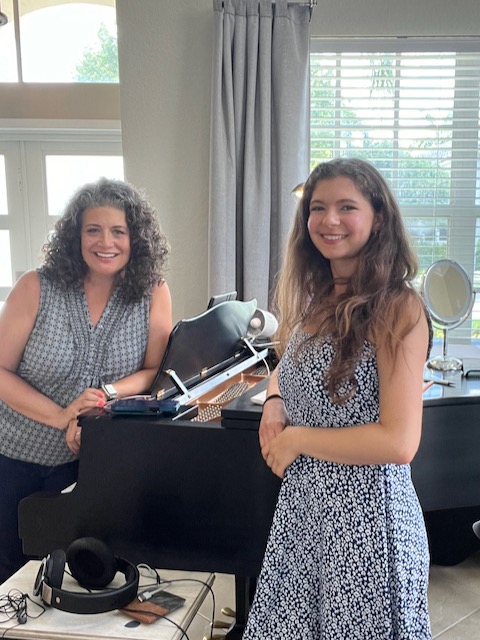We caught up with the brilliant and insightful Stephannie Moore a few weeks ago and have shared our conversation below.
Stephannie, thanks so much for taking the time to share your insights and lessons with us today. We’re particularly interested in hearing about how you became such a resilient person. Where do you get your resilience from?
For me, the path to finding resilience has been established through overcoming many kinds of personal and professional obstacles. Each challenge has provided an opportunity to reinvent myself or grow in some way and I feel like I’ve been reinvented many times over through unexpected personal trials. I’m sure there are more transformations to come in my lifetime and I sincerely welcome transformation. I’m always looking to expand the understanding of who I am, like filling in missing pieces of my personal puzzle. I truly believe that resilience and wisdom have grown within me in the places where I’ve been hurt or made mistakes. Our wounds become our strengths when we can reflect upon them with awareness and forbearance – I truly believe this. At my core, I know that I’m a good person, deserving of happiness and motivated by altruistic intention. By resting in this awareness even during challenge, I can remain confident that resilience and greater strength will be the reward at the end of whatever complicated hand that I’m dealt. It always is.
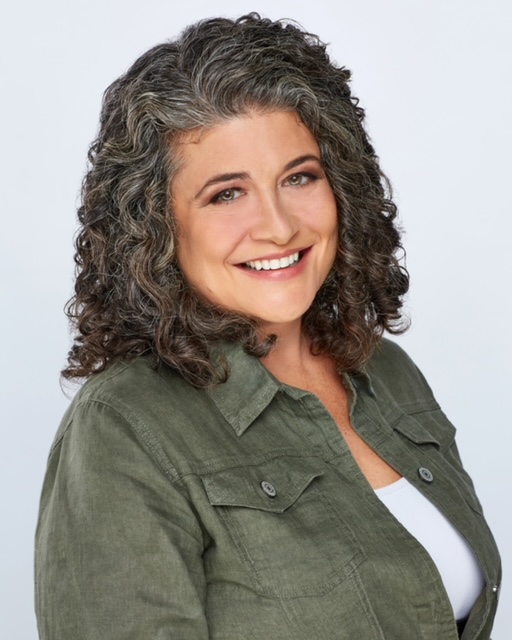
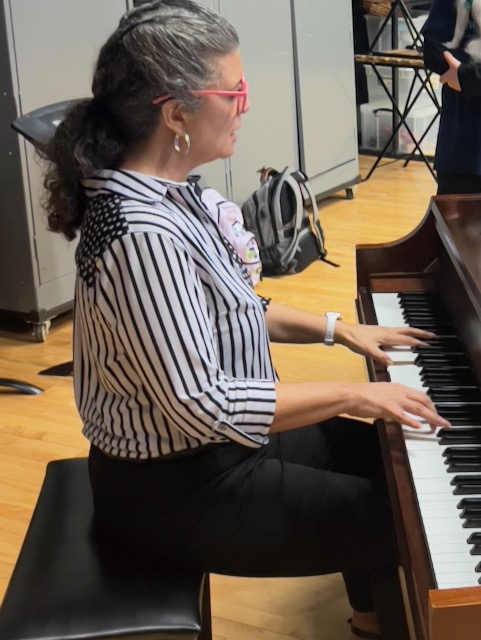
Appreciate the insights and wisdom. Before we dig deeper and ask you about the skills that matter and more, maybe you can tell our readers about yourself?
My primary profession is as a voice teacher and professor, working with pre-professional and professional singers from all over the world. Although my own performance background has been really eclectic – everything from opera to Buddhist mantric song – I’ve become rather specialized in teaching musical theatre and classical voice. I’m also involved with research and publications related to singers’ vocal health, an area I’m passionate about, and use mindfulness techniques in the voice studio to help support singers’ overall mental and emotional wellness.
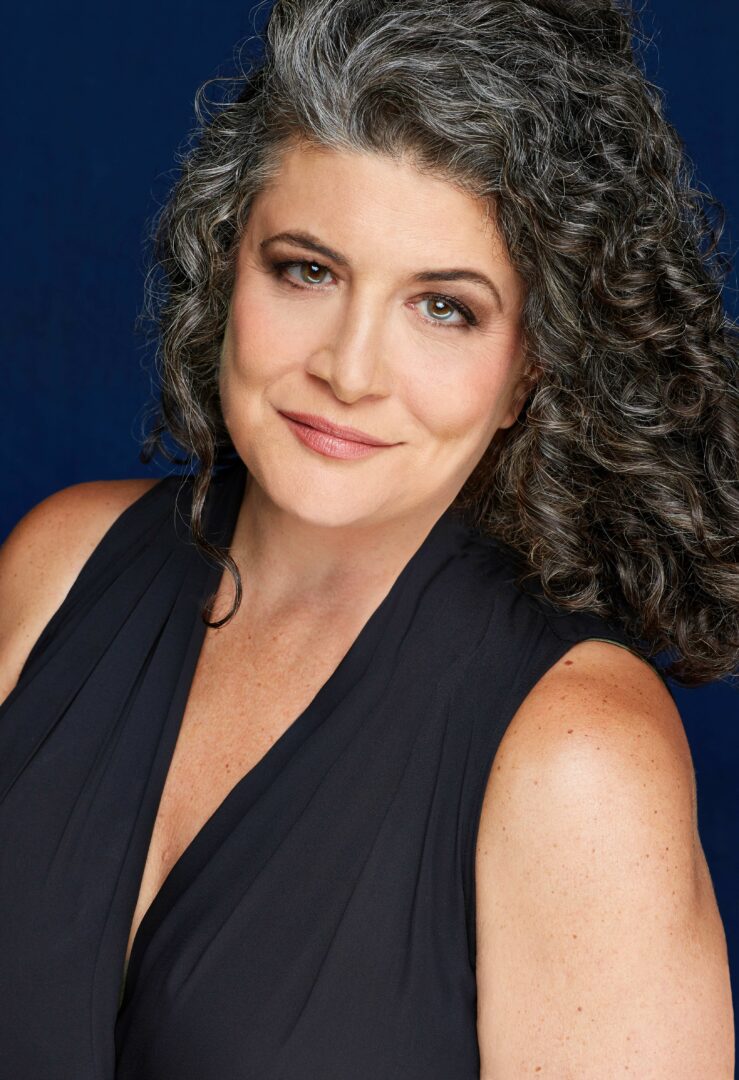
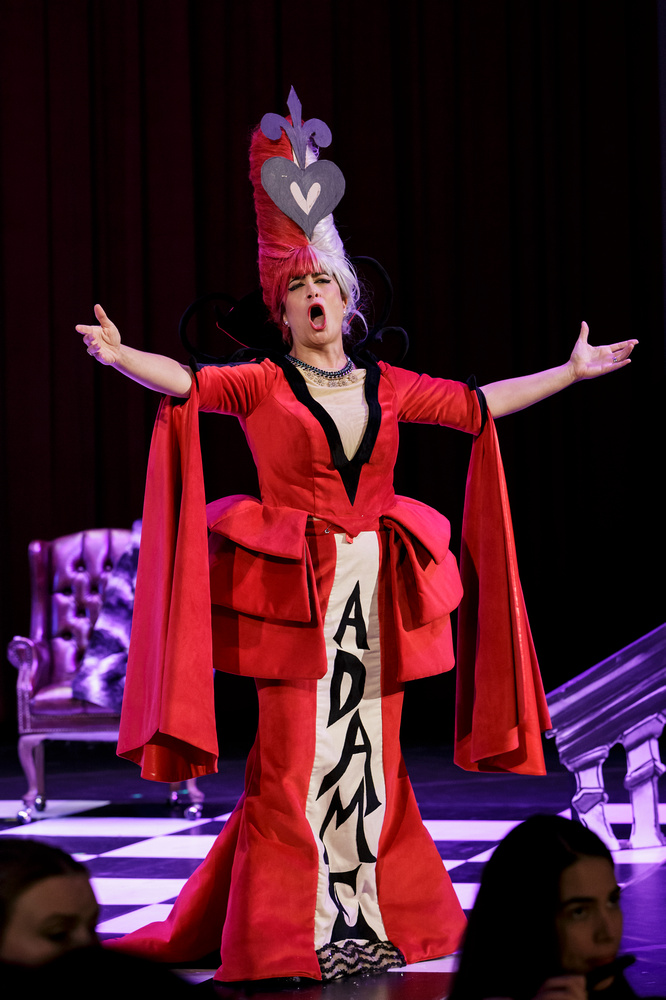
There is so much advice out there about all the different skills and qualities folks need to develop in order to succeed in today’s highly competitive environment and often it can feel overwhelming. So, if we had to break it down to just the three that matter most, which three skills or qualities would you focus on?
Meditation
Meditation has been an important part of my journey. I’ve been a practicing Buddhist for nearly 30 years and lived in meditation retreat for three years, at times with very little contact with other people or the outside world. For me, meditation has been a staple through good and bad times – a way to maintain balance and stay connected to my life’s greater purpose rather than getting stuck on temporary annoyances or trivial details.
Anyone can meditate! I often hear people say “I can’t meditate. My mind is too busy and can’t get quiet.” Finding a quiet mind is not necessarily the point of meditation. Sometimes the mind can become very quiet, but other times it can be a jumble of distracting thoughts. Meditation is about allowing the thoughts to do what they do, but learning how to leave them alone and identify less with their emotional momentum. The ability to do this in meditation then carries into daily life, helping us to become less identified with momentary distractions and especially the energy of negative feelings. When we can leave these things alone, they tend to dissolve without much effort. If you haven’t tried meditation and are interested in a starting point, there are countless mindfulness exercises online. A body scan meditation is a great place to start.
Person-First Teaching
I teach people through the art of music, rather than having a set curriculum with a linear path. The human relationship must come first and that context inspires the style of technical teaching that comes about between student and mentor. Because I teach voice lessons, it is inevitable that people come to me with all sorts of insecurities and baggage around singing. Sometimes, a singer received a message in childhood such as “you’re too loud” or “you’re out of tune” or “stop trying to be the center of attention.” It’s quite amazing how a single sentence can lead to a lifetime of emotional and physical shutdown around making one’s voice heard, so the same path towards freedom of vocal expression cannot work for everyone. One’s own voice is the medium, not an externalized instrument like a flute, piano or drum, and this makes singing and learning to sing an extremely vulnerable activity. Making a safe space for people to express that vulnerability is key.
Don’t Only Look for the Obvious
If you would have asked me at age 18 or 22 what I saw for my future, I would have stated with full confidence that I expected my professional plan to include a ton of performing. I never planned to be a teacher. In my early adulthood, my plan was to be on Broadway and then the dream morphed into becoming a professional opera singer. My actual journey has been so incredibly different from my original ideas. I have done plenty of performing, but my heart feels happiest as the teacher who gets to watch their students grow and succeed. I could not have predicted this discovery.
For some people, a single-focused goal works and that becomes a guiding light in terms of deciding upon directions and making obvious choices. I think that most people, however, are not just “wired” for one thing and it is in the richness of having many different kinds of experience that we find fulfilment.
Many young artists have a thread of anxiety about how to accomplish their single-focused goal and there is a notion of their being a “right way” to reach that goal, as though there is a perfect series of experiences they need, or doors that they need to open to attain the success they seek. I’m always telling my students to look for all of the doors that appear, not just the ones that they have pre-conceived ideas about. In every moment, keep the view broad – there are literally doors everywhere – and sometimes we will make amazing discoveries behind a door that we never even knew existed. I have opened so many different kinds of doors in my lifetime and this has afforded me personal experiences I couldn’t have possibly imagined.
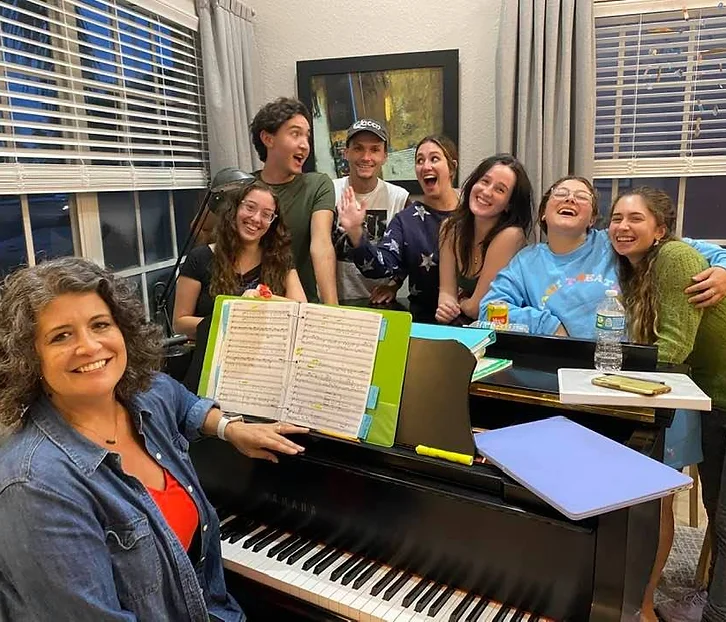
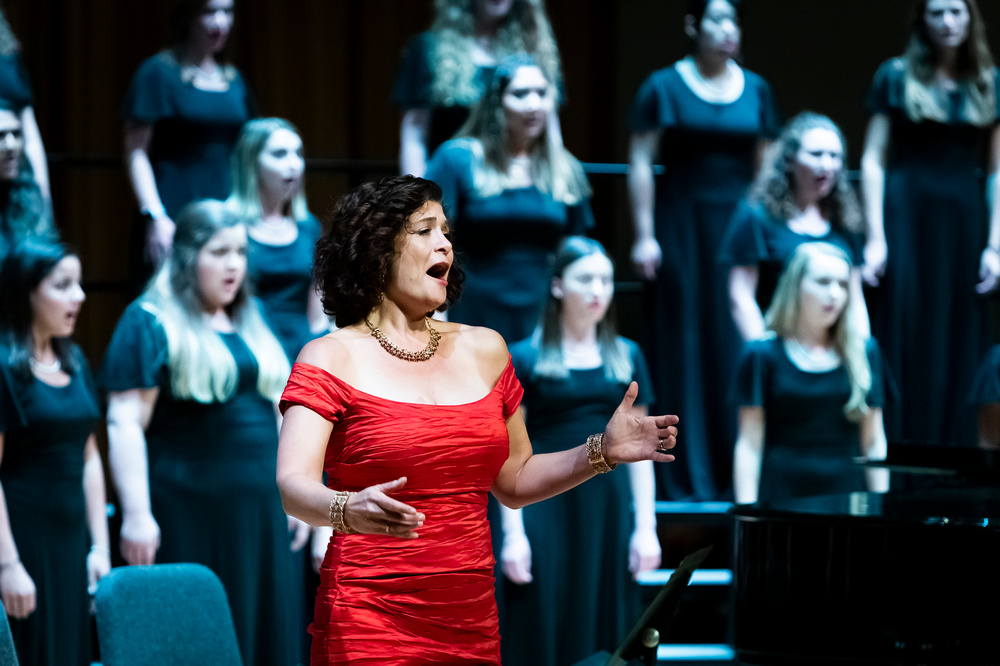
Okay, so before we go we always love to ask if you are looking for folks to partner or collaborate with?
I love to collaborate. When I went back to grad school, I had been running a thriving voice and piano studio for more than 15 years. There was no need for more education, but what I longed for was the collaborative aspects of teaching and creating art and being in the higher education environment helped fulfill that missing piece. The community aspect of collaboration is very important to me and I’m always open to working with other creatives to make something magical happen. What is sometime missing in higher ed, however, is the social service aspect. My favorite kinds of projects are those that connect with serving humanity in some way – art that has an important message, supports social justice or brings meaning to the lives of performers and audience members alike. If anyone has ideas for projects they’d like to share and potentially collaborate on, I’m always happy to connect.
Contact Info:
- Website: https://www.stephanniemoorevoice.com
- Instagram: @stephanniemoorevoice
- Facebook: https://www.facebook.com/DrStephannieMoore
- Linkedin: https://www.linkedin.com/in/stephannie-moore-56032866/
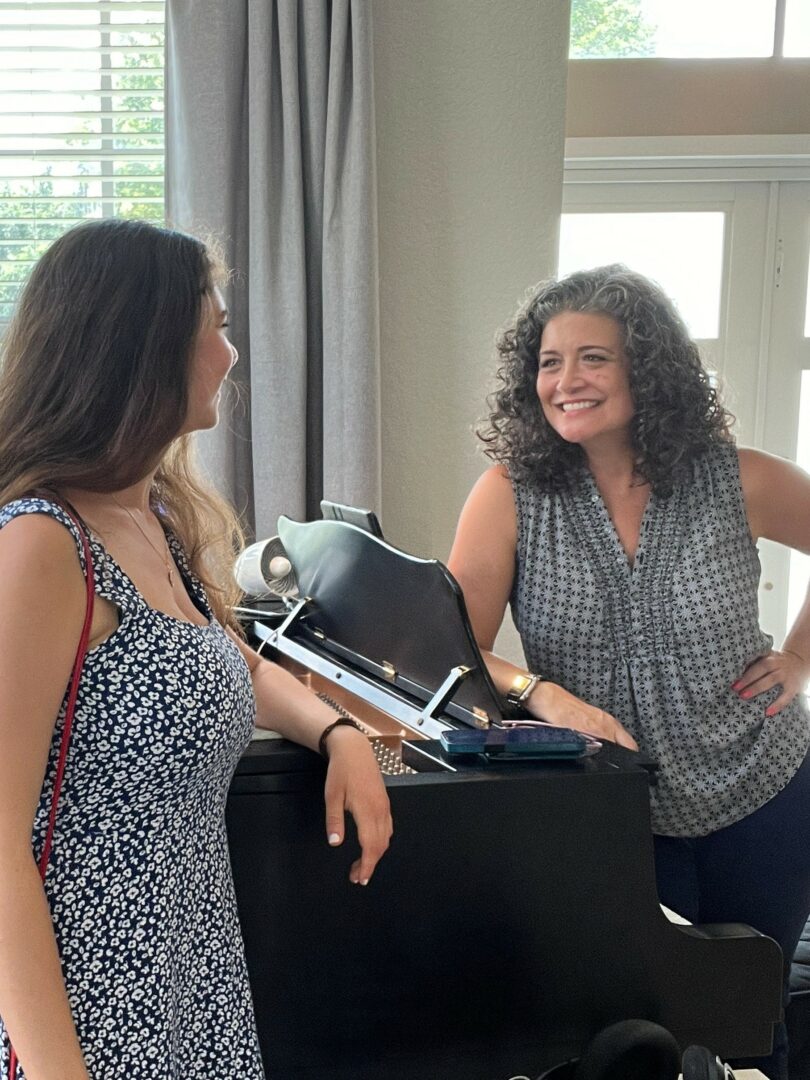
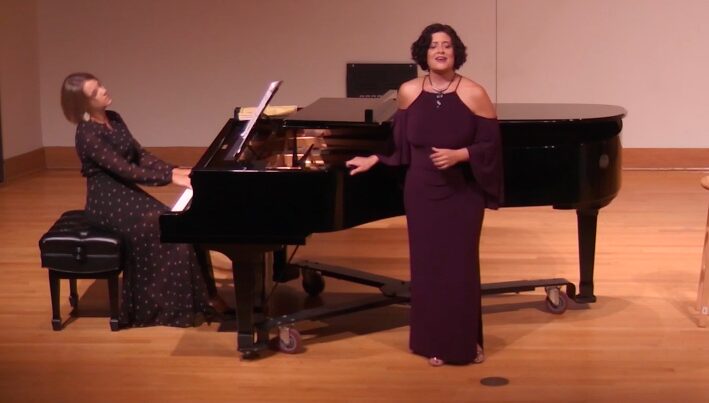
so if you or someone you know deserves recognition please let us know here.

